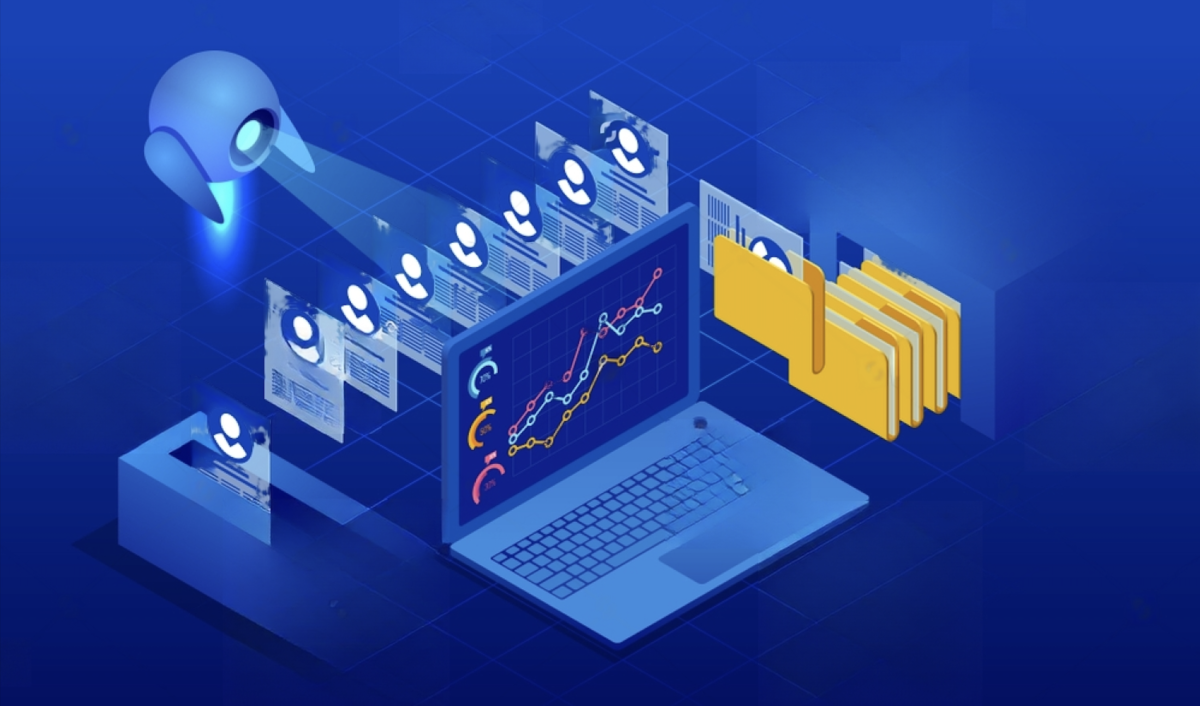Pregnancy disclosure during the recruitment process is a deeply personal decision that carries significance for both job candidates and potential employers.
However, successfully navigating this sensitive topic requires careful consideration and informed choices.
In a conversation with People Matters, Nirupama VG, MD of Ad Astra Consultants, a talent solutions firm, provides insights and advice to empower women candidates in making decisions regarding pregnancy disclosure during job interviews, emphasising on transparency, understanding company culture, and aligning expectations to ensure well-being, professional growth, and a harmonious work-life balance.
Considerations and informal rules for pregnancy disclosure
While the decision to disclose pregnancy is personal, Nirupama says it is generally considered ethical. Women candidates should take into account factors such as the stage of pregnancy, job requirements, and the company’s culture. Sharing this information may offer insights into the company’s supportiveness, flexibility, and ability to handle major life changes.
Applying and interviewing for jobs while pregnant
For pregnant women applying and interviewing for jobs, the focus should always be on professional competencies and capabilities, says Nirupama. However, she advises pregnant candidates should first really worry about their health and should keep in mind any health constraints they may have during the application and interview process. They should discuss their pregnancy upfront as the company may have specific work planned ahead for them. It is better to have an open discussion with the potential employer.
Evaluating the prospective company’s maternity benefits and flexibility policies can also be a good strategy for the candidate.
Non-disclosure and trust issues
Non-disclosure of pregnancy should not necessarily be perceived as a trust issue with the future employer but it could depend on the nature of the role. Nirupama suggests that for critical roles involving physical activities or high stress, discussing the pregnancy it might be beneficial for the woman and the potential employer to manage expectations and plan for maternity leave effectively.
Pregnancy-related questions during job interviews
In India, it is illegal for employers to ask candidates about their pregnancy or future plans for having children during job interviews. Such inquiries can be seen as discriminatory. Nirupama says evaluation should be solely based on professional competencies, qualifications, and aptitude for the job.
Pregnancy disclosure after accepting a job offer
If a woman discovers her pregnancy after accepting a job offer, there is no legal obligation to inform the potential employer. However, Nirupama suggests that sharing this information can be a strategic move to understand the company’s policies regarding maternity leave and work-life balance. It provides an opportunity to gauge the level of support the company offers during this significant life change.







